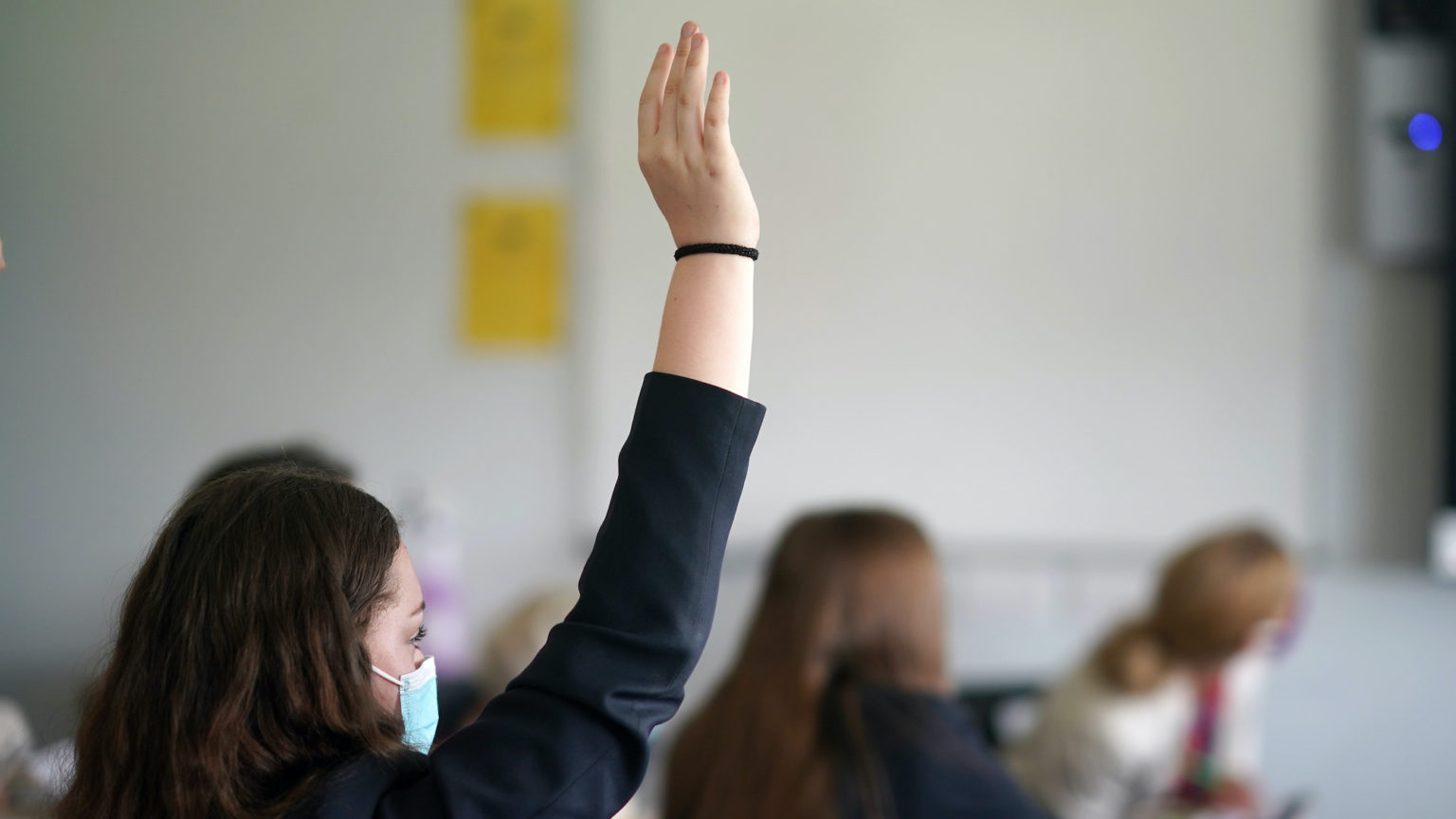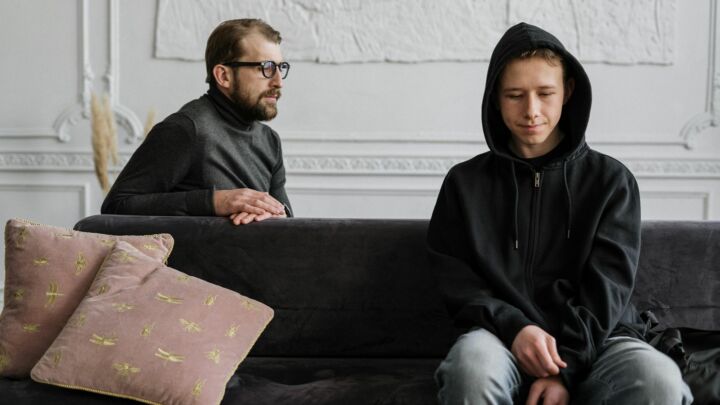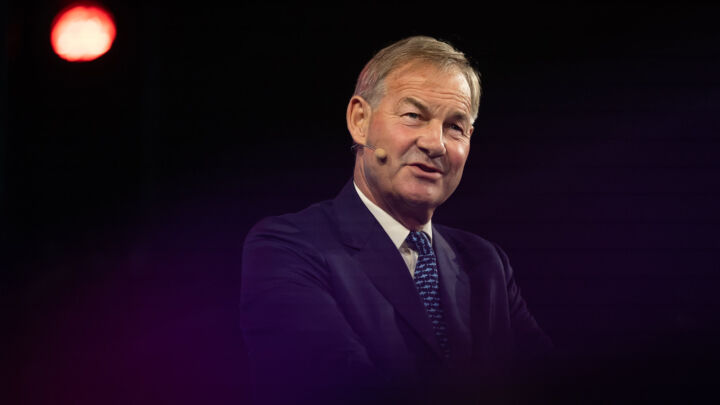How trans ideology harms children
Schoolkids who might otherwise grow up to be gay are being led to believe their body is the problem.

Want unlimited, ad-free access? Become a spiked supporter.
According to The Sunday Times, St Paul’s Girls’ School, a leading British private school, invited two US-based researchers to talk to students about changing sex.
Ashley Jordan and Stats Atwood, two psychology graduate students from Princeton University’s human-diversity lab, were asked to speak to the schoolgirls about the ‘trans youth project’ (TYP). TYP is a study of 300 boys and girls, aged between three and 12, who have changed their names, their pronouns and, in some cases, their dress and hairstyles to mirror the sex stereotypes of the opposite sex.
The TYP director is Professor Kristina Olson. She argues that children should be affirmed in their cross-sex identities, that puberty blockers are fully reversible, and that ‘most who choose to use them show no regrets’.
The problem here is that Olson’s views go against legal and medical opinion in the UK. In 2020, the High Court effectively banned the administration of puberty blockers to those under 18, declaring the drugs to be ‘experimental’. And the NHS warns that it is ‘not known whether hormone blockers affect the development of the teenage brain or children’s bones. Side effects may also include hot flushes, fatigue and mood alterations.’
In more enlightened times, TYP’s cohort would have been left to grow up as effeminate boys or tomboyish girls. Research suggests they would probably be same-sex attracted as adults. A 2017 study of 4,500 children showed lesbians are 12 to 19 times more likely to be tomboyish as girls than their straight counterparts, whereas gay men are 20 to 26 times more likely to be effeminate as boys.
Today, thanks to trans ideology, kids who don’t fit sexist stereotypes have been labelled as ‘transgender’, and, in the US, they are often subjected to the experimental medical interventions about which Olson is so enthusiastic. In some states, some girls who identify as boys have their breasts removed at just 12 or 13, and children of both sexes can be given puberty blockers before taking cross-sex hormones. Cross-sex hormones lead to sterility and potentially life-long medical complications. When the lawyers begin to take notice, paediatric transgender treatments will make the big medical scandals, like thalidomide, seem like minor blips.
Yet St Paul’s Girls’ School seems keen to accommodate trans thinking. According to The Sunday Times, it already has several girls who have asked to be called by boys’ names and to wear boys’ clothes. It allows for the adoption of trans identities and breast-binding under the school’s ‘gender-identity protocol’. And now it is happy to have two trans-activist researchers lecturing pupils about changing sex.
As Stephanie Davies-Arai, the director of Transgender Trend, puts it: ‘Why does a school think it appropriate to expose its pupils to the most extreme ideology from the US when, in the UK, the High Court judged that this treatment is experimental and children are unable to give informed consent?’ She adds: ‘When the school already has several girls who wish to be boys, it is the school’s responsibility to give them facts, not ideology that encourages them towards experimental medical interventions.’
Responding to criticism, headteacher Sarah Fletcher said that St Paul’s Girls’ School has ‘a proud tradition of encouraging students to invite speakers on a whole range of issues’.
‘The talk’, Fletcher continued, ‘was simply a presentation of Princeton University’s research, which is already published and in the public domain. There was nothing about encouraging girls to seek transition.’
The invitation to controversial speakers was not an issue in itself. Indeed, handled correctly, it could have provided an opportunity for a challenging debate. But there doesn’t seem to have been much debate here. Trans ideologues, who believe it is normal to need hormones and surgeries to reveal one’s ‘authentic self’, were given free rein to lecture impressionable schoolchildren.
Moreover, it is telling that students at St Paul’s Girls’ School chose to extend an invitation to trans researchers at a time when feminists are increasingly banned from educational institutions. It seems that rather than encourage young women to fight sexist stereotypes, some schools today would rather encourage girls to fight against their own womanhood.
Jo Bartosch is a journalist campaigning for the rights of women and girls.
Picture by: Getty.
You’ve hit your monthly free article limit.
Support spiked and get unlimited access.
Support spiked and get unlimited access
spiked is funded by readers like you. Only 0.1% of regular readers currently support us. If just 1% did, we could grow our team and step up the fight for free speech and democracy.
Become a spiked supporter and enjoy unlimited, ad-free access, bonus content and exclusive events – while helping to keep independent journalism alive.
Monthly support makes the biggest difference. Thank you.











Comments
Want to join the conversation?
Only spiked supporters and patrons, who donate regularly to us, can comment on our articles.